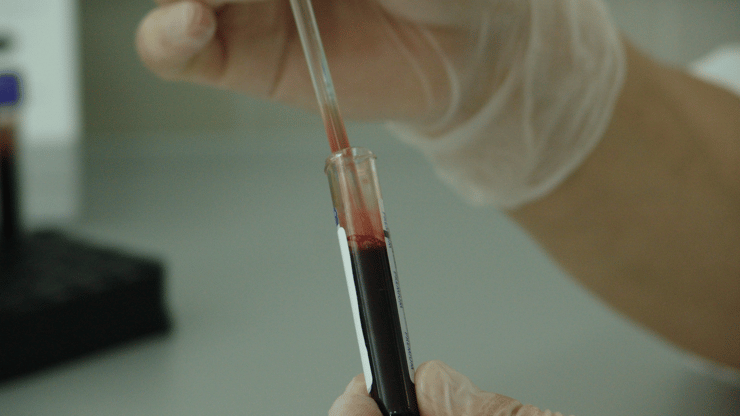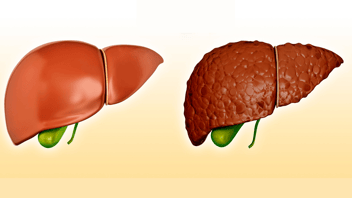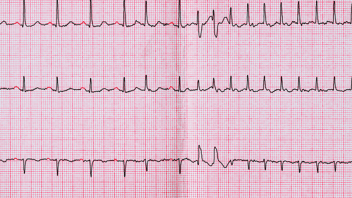Acquired Immune Deficiency Syndrome (AIDS) NCLEX Review for Nursing Students

Learning about AIDS is crucial for nursing students
Learning about AIDS is crucial for nursing students to provide compassionate and informed care. Understanding the nursing assessment and treatment empowers nurses to support individuals living with HIV, advocate for safe practices, and contribute to public health efforts in combating the disease.
.png?width=1200&height=630&name=nclex%20review%20for%20angina%20(2).png)
General Information on Acquired Immune Deficiency Syndrome (AIDS)
1. A condition caused by the HIV virus (late-stage HIV infection)
2. Interferes with and destroys T4 Lymphocytes, which causes an increase in susceptibility to infection
3. At risk for opportunistic infections/conditions such as tuberculosis, pneumonia, cancers, and candidiasis
Nursing Assessment for Acquired Immune Deficiency Syndrome (AIDS)
1. Frequent infections, wasting syndrome, skin breakdown, stomatitis, malnutrition, and dehydration2. Leukopenia (↓WBCs)
3. Kaposi’s sarcoma→ A tumor causes lesions to grow in the skin and lymph nodes, characterized by purple/red lesions on skin and organs
4. Candidiasis in the mouth (thrush)
.png?width=1200&height=630&name=nclex%20review%20for%20angina%20(2).png)
Therapeutic Management for Acquired Immune Deficiency Syndrome (AIDS)
1. Respiratory support2. Nutritional support→ Small frequent meals, premedicate to avoid nausea, and provide favorite foods
3. Monitor fluid and electrolyte balance
4. Assess for infection
5. Initiate strict infection control precautions and observe hand hygiene
Nursing Case Study for Acquired Immune Deficiency Syndrome (AIDS)
Patient Profile:Patient Profile:
Name: Stephanie Metzer
Age: 35 years old
Gender: Female
Medical history: Human Immunodeficiency Virus (HIV) positive
Presenting Symptoms:
- Fatigue and weight loss
- Recurrent fever and night sweats
- Persistent cough and shortness of breath
- Elevated viral load and decreased CD4+ T-cell count
- Physical Examination: Ms. Metzer displayed signs of immunosuppression, including oral thrush and skin rashes
- Laboratory Tests: Confirmed positive HIV serology, elevated viral load, and low CD4+ T-cell count, indicating progression to AIDS
Medical History:
Ms. Metzer was previously diagnosed with HIV, which had advanced to Acquired Immune Deficiency Syndrome (AIDS).
Diagnosis:
Ms. Metzer was diagnosed with AIDS, a late stage of HIV infection characterized by severe immune system dysfunction
Treatment Plan:
Initiated a comprehensive ART regimen to suppress viral replication and improve CD4+ T-cell counts
Opportunistic Infection Prophylaxis:
Prescribed prophylactic medications to prevent opportunistic infections
Symptom Management:
Provided supportive care to alleviate symptoms, such as pain relief for skin rashes and antifungal medications for oral thrush
Psychosocial Support:
Offered counseling and emotional support to address the psychosocial impact of the AIDS diagnosis.
Outcome:
With diligent nursing care and the adherence to ART, Ms. Metzer’s viral load decreased, and her CD4+ T-cell count improved. She experienced fewer opportunistic infections and reported an enhanced quality of life.
Conclusion and Free Download
This Acquired Immune Deficiency Syndrome (AIDS) review provides essential knowledge for approaching the NCLEX with confidence. Understanding its prevention, management, and interventions empowers nurses to provide effective care and save lives.
Are you looking for more must-know NCLEX review topics? Download our free eBook "NCLEX Flash Notes" as a valuable resource for nursing students. Encourage readers to download their free copy of the "NCLEX Flash Notes."
.png?width=1200&height=630&name=nclex%20review%20for%20angina%20(2).png)
You CAN Do This
Happy Nursing!







